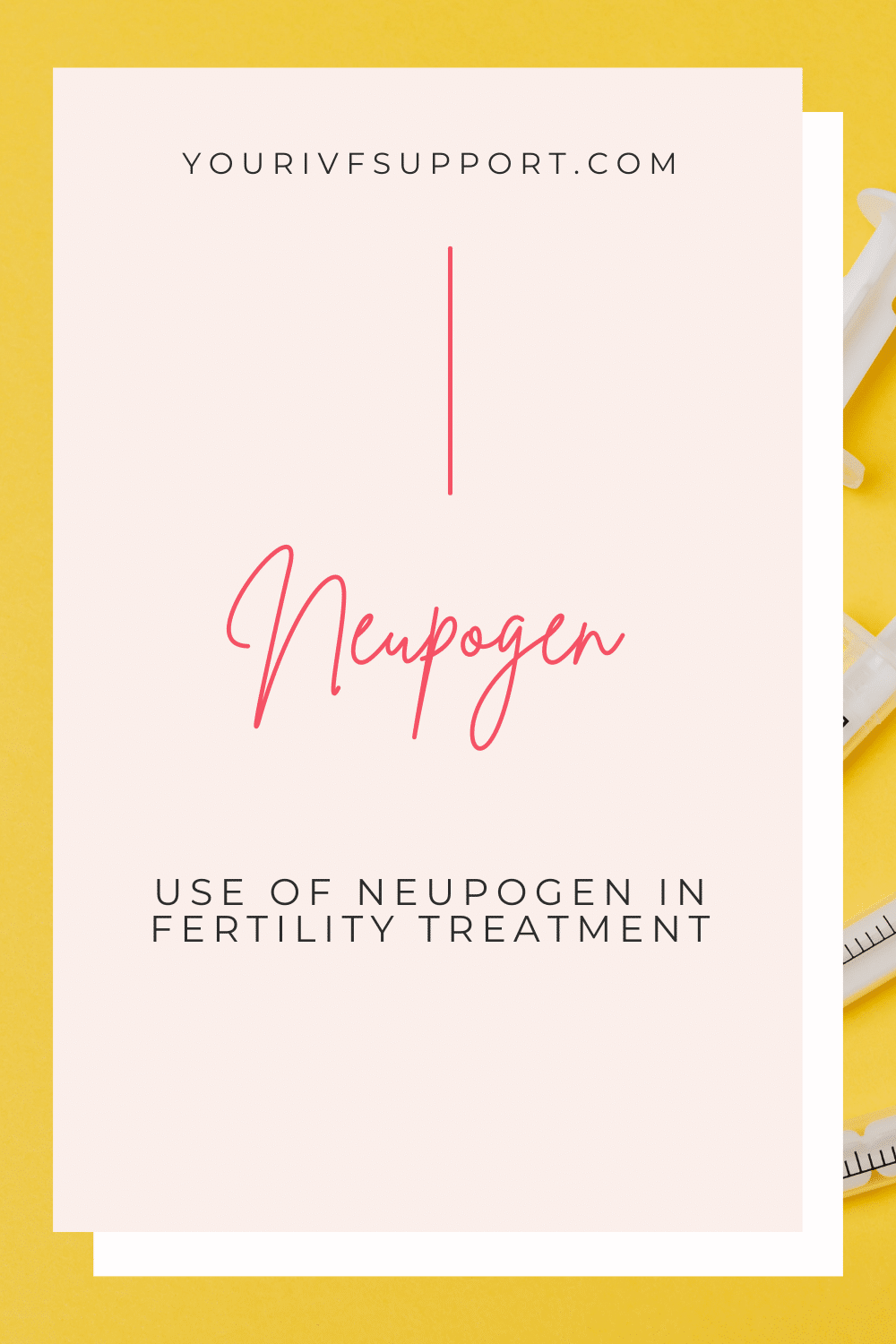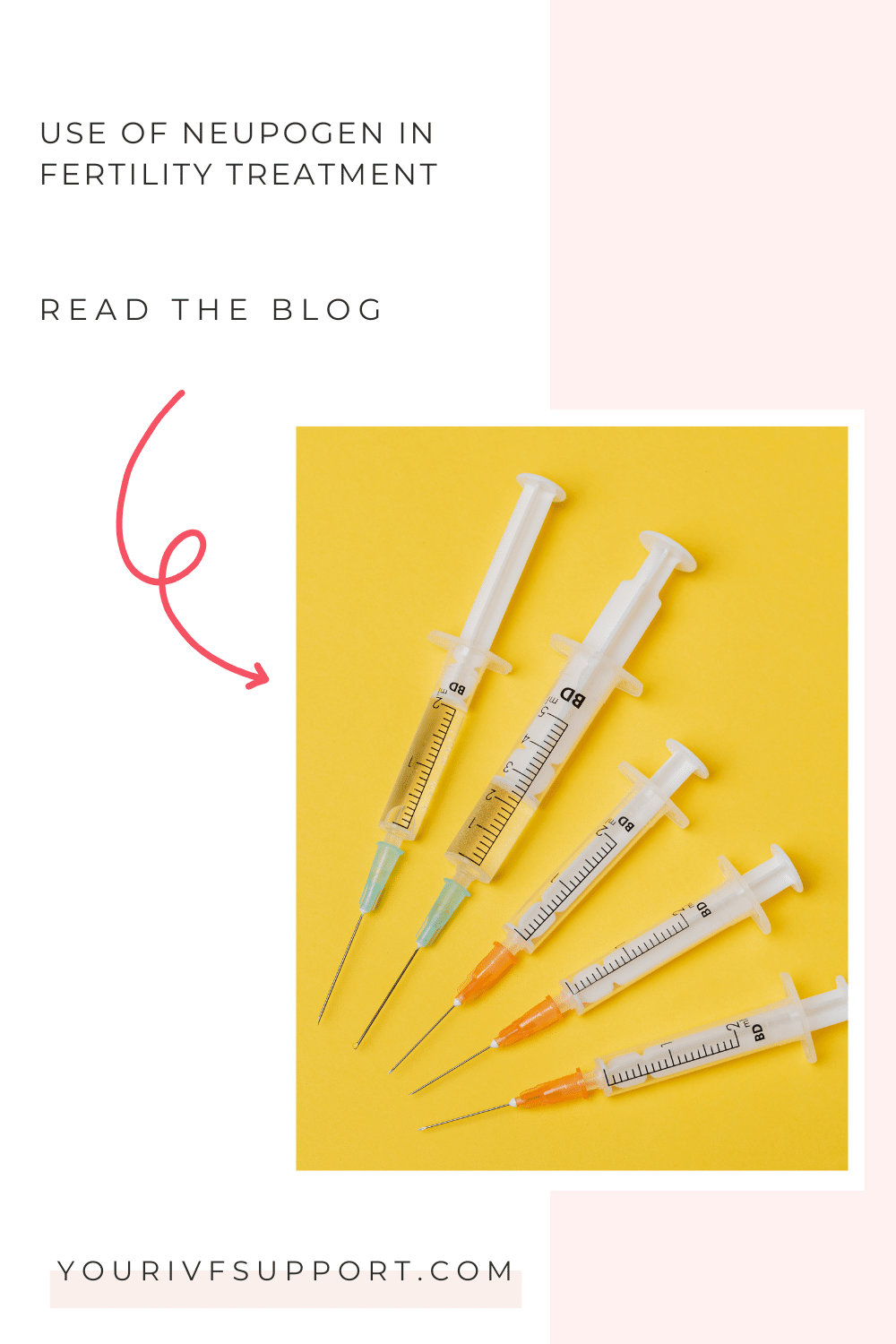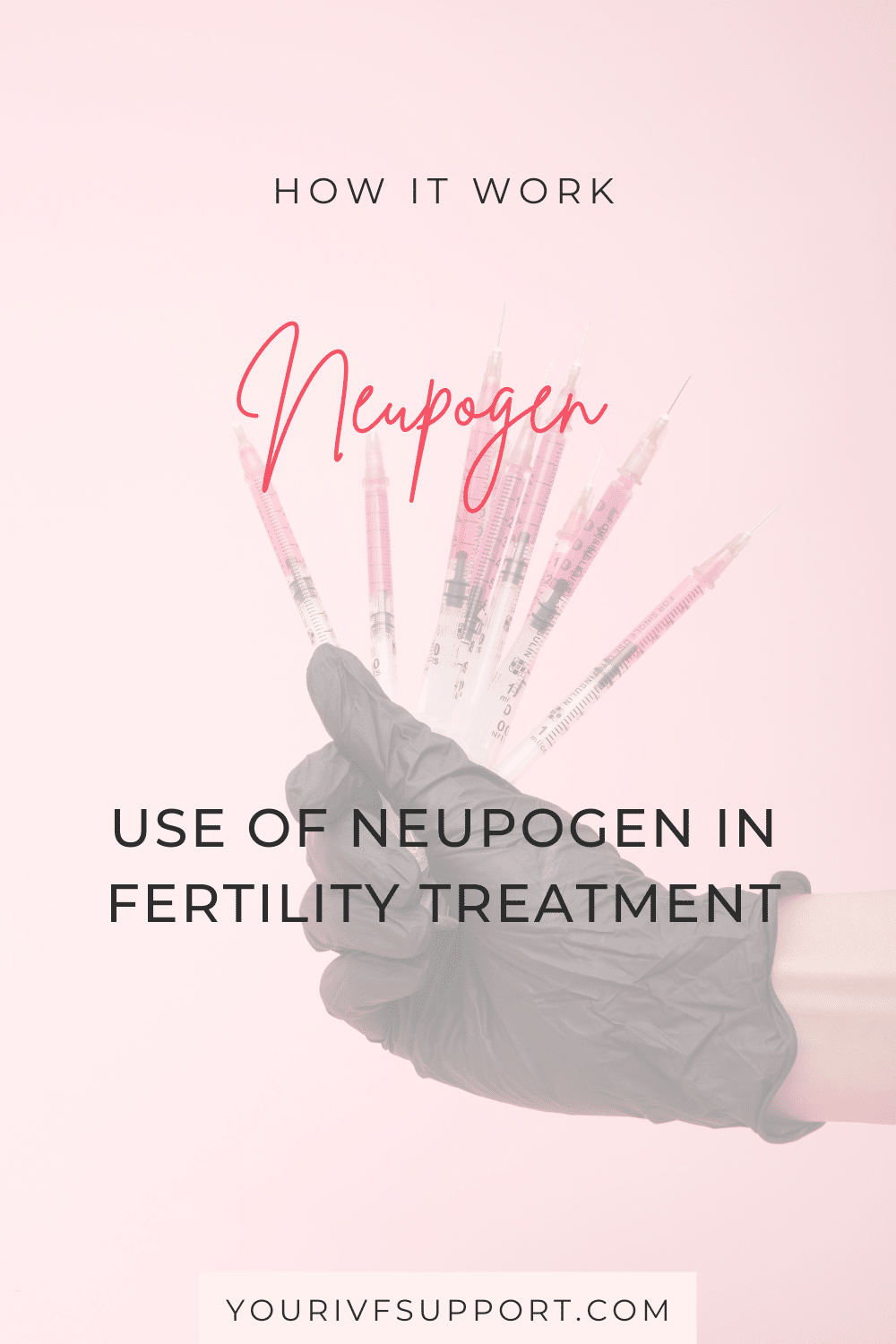In order to start a family, every tenth couple currently makes use of fertility treatment. Today, about one in eight babies is conceived through in vitro fertilisation. Whether fertility treatment is successful depends on countless factors. In addition to influences that cannot be influenced, such as the age of the parents-to-be, there are also factors that can sustainably increase the success rates of IVF treatment.
Thanks to modern reproductive medicine research, more and more adjuvants are being identified that can help more couples achieve a successful pregnancy. Different active substances, often already established in other areas of medicine, have been scientifically investigated in recent decades. One promising drug is Neupogen.
What is Neupogen?
Neupogen or filgrastim is a synthetically produced growth factor which normally stimulates the haematopoietic system to produce defence cells, the granulocytes ("G-CSF": "granulocyte colony stimulating factor"). Low neutrophil granulocytes ("neutropenia") in the blood can occur in patients after chemotherapy or radiotherapy and in HIV-infected patients. Filgrastim is given before a stem cell transplant to increase the number of haematopoietic stem cells in the blood. The drug has been used for these indications for about thirty years. It is injected intravenously or subcutaneously. A new application is the use in the uterus as part of IVF treatment.
How is it used in fertility treatment?
Reproductive medicine research has found that healthy embryos and their placentas produce more G-CSF than low-quality fertile plants. Higher levels of the growth factor are associated with better quality embryos, higher survival rates and improved pregnancy rates. Therefore, the use of synthetically produced G-CSF in fertility treatment seemed obvious. Neupogen seems to be particularly suitable for women with insufficient thickness of the endometrium, i.e. too thin inner wall layers of the uterus. It is used in cases of unexplained failure of several IVF cycles and in older women. In these patients, the uterus can be flushed transvaginally with the drug through a thin catheter or Neupogen can be injected under the skin. The aim of the treatment is to achieve sufficient endometrial thickness for the successful implantation of an embryo. In addition, G-CSF is thought to play a role in the maturation of eggs, ovulation and the general receptivity of the uterus.
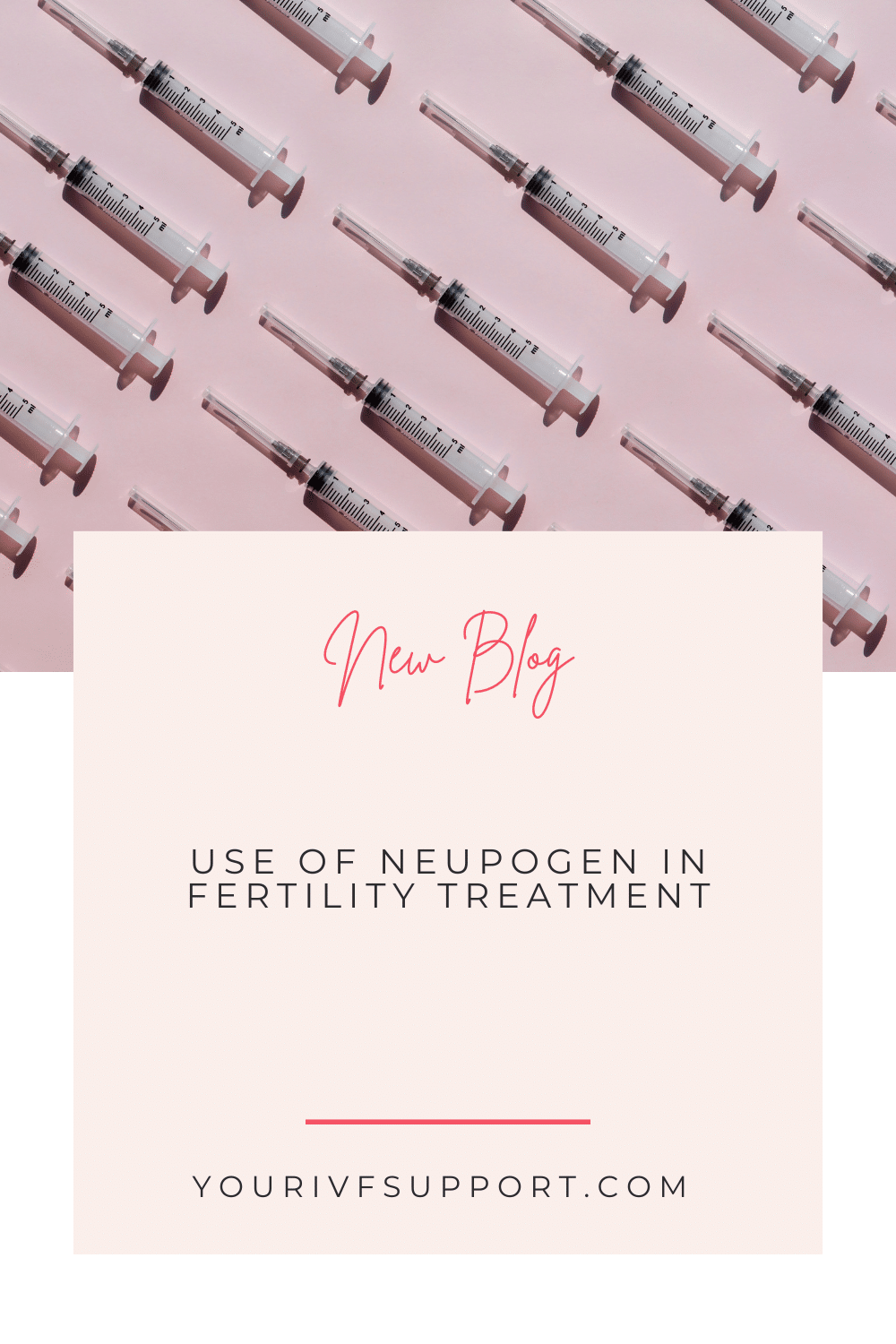
Potential side effects
Because Neupogen stimulates the bone marrow to produce more, it can also have side effects. The most commonly observed side effects of the subcutaneously applied drug are mild or moderate bone pain. In addition, there may be local skin reactions at the injection site.
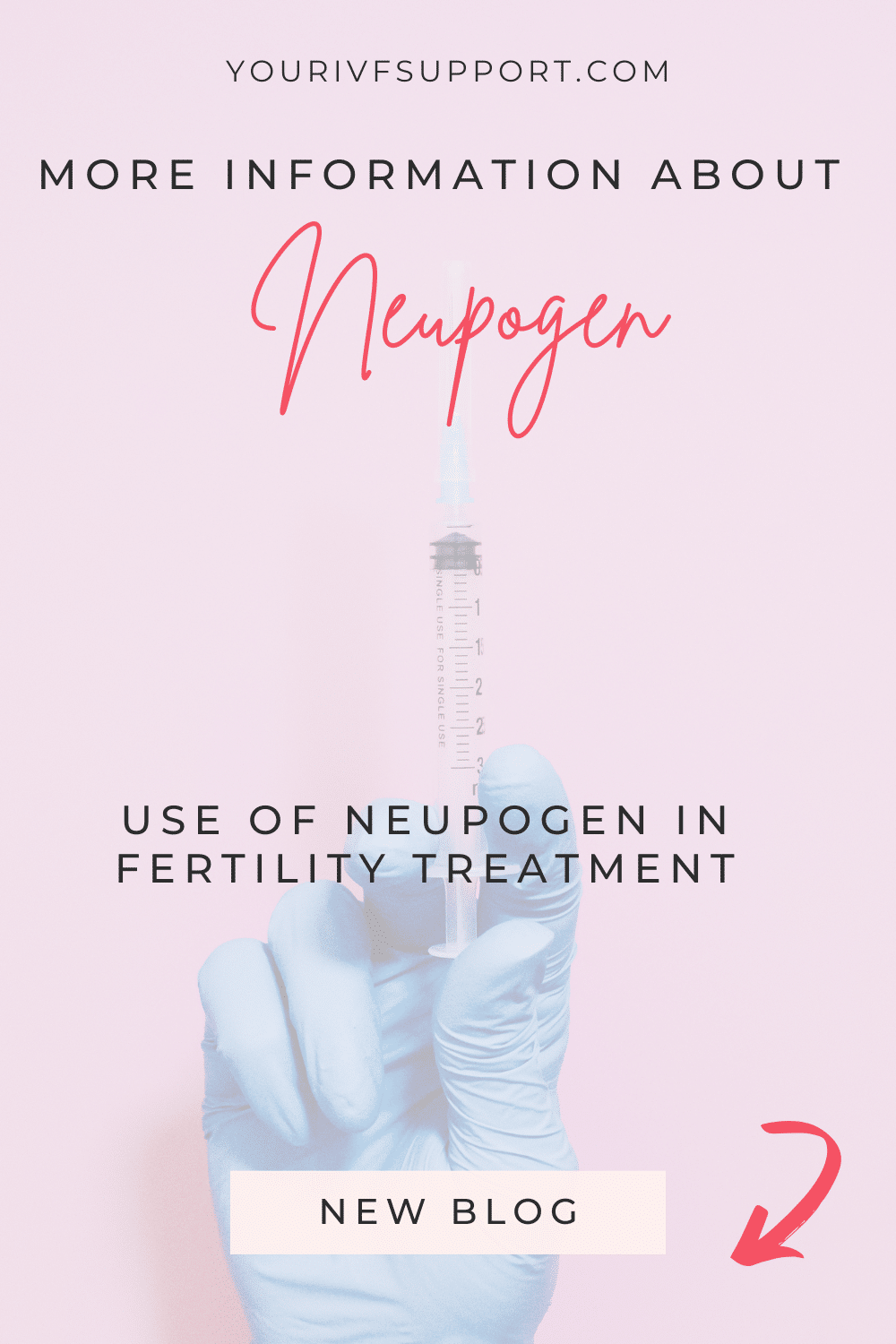
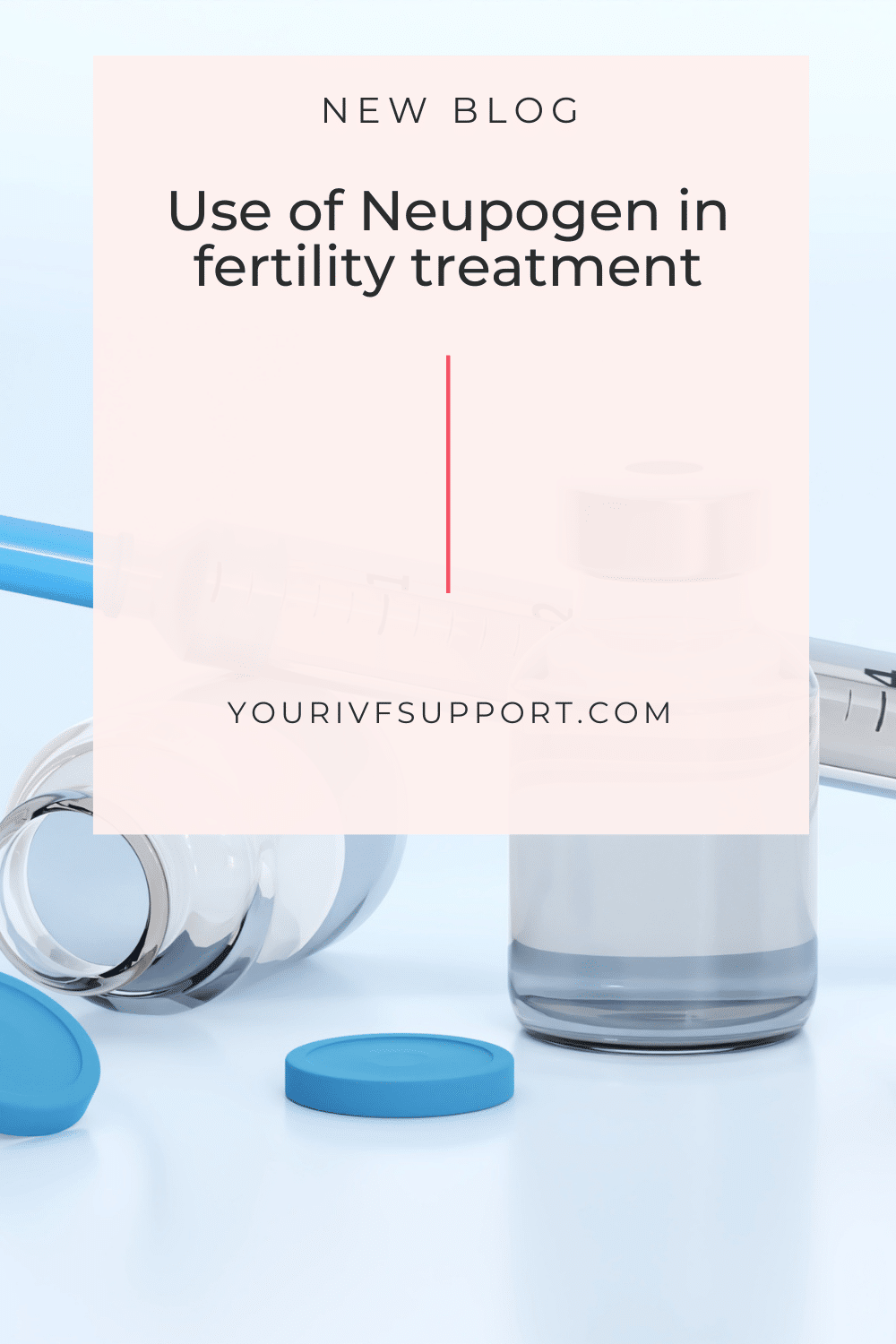
Scientific evidence
An Australian study analysed the effectiveness of different agents to increase the success of IVF cycles, including the administration of filgrastim into the uterine cavity two days before embryo transfer. In this study, the drug did not increase pregnancy or birth rates. Another study in which G-CSF was given before the embryo was transferred to the uterus also found no significant effect. A randomised controlled trial of higher scientific quality also found no difference in pregnancy rates between a comparison group and a group receiving intrauterine G-CSF in patients with normally thick endometrium but repeated failed IVF cycles.
Research published in 2016 from Iran involving 112 women investigated the use of G-CSF after repeated failed IVF cycles. It showed increased implantation and pregnancy rates when G-CSF was injected subcutaneously one hour before embryo transfer. It may depend on the method of administration whether Neupogen is effective in increasing the chances of pregnancy. Since the studies done so far tend to be small in size and sporadic, there is still a need for larger, standardised studies.
The well-established Cochrane Foundation, which produces high-quality reviews on medical issues in all disciplines, has also already dealt with the topic of G-CSF in fertility treatment. The researchers analysed thirteen trials with a total of 552 participants. For patients who had already had two or more failed IVF attempts, an indication of a potential benefit of the therapy could be found. However, the scientific strength of the available studies is low and many studies were not conducted according to the highest scientific standards.
This reinforces the need for better quality studies to be able to make a reliable statement on the effectiveness of G-CSF. In addition, the important aspect of potential side effects of the treatment was not considered in most studies. However, this clinical endpoint, along with the success rate of in vitro fertilisation, is very important in order to work towards the widespread use of Neupogen in fertility treatment.
"For patients who had already had two or more failed IVF attempts, an indication of a potential benefit of the therapy could be found."
Evaluate the use of Neupogen individually
At this stage, treatment with Neupogen for suitable patients can be discussed individually with the doctor. Especially for women with thin endometrium, the drug could have an effect, although the expected increase in pregnancy rates would be rather small. Ultimately, each couple should decide for themselves, after thorough medical consultation, which treatment methods seem promising for their individual situation.
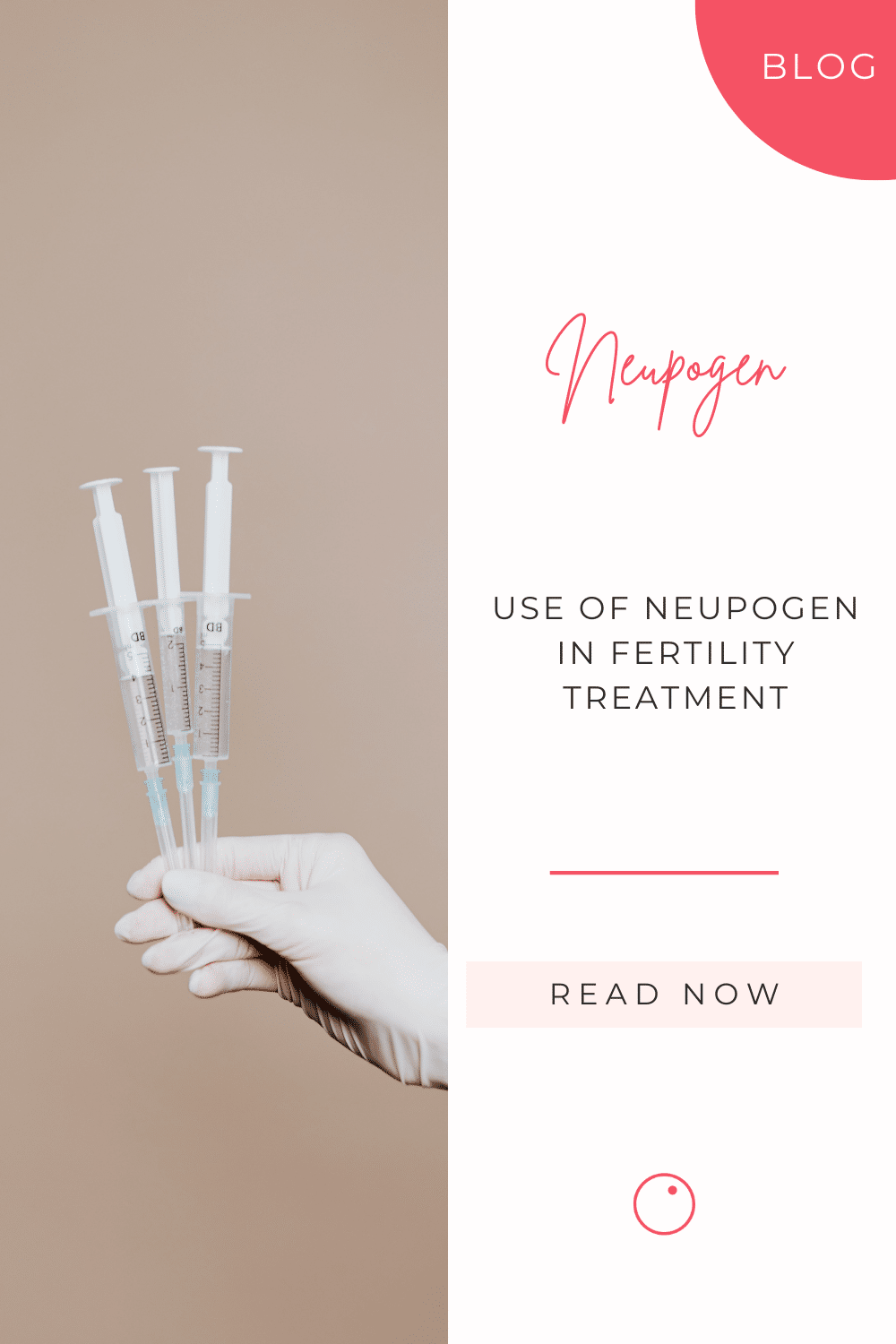
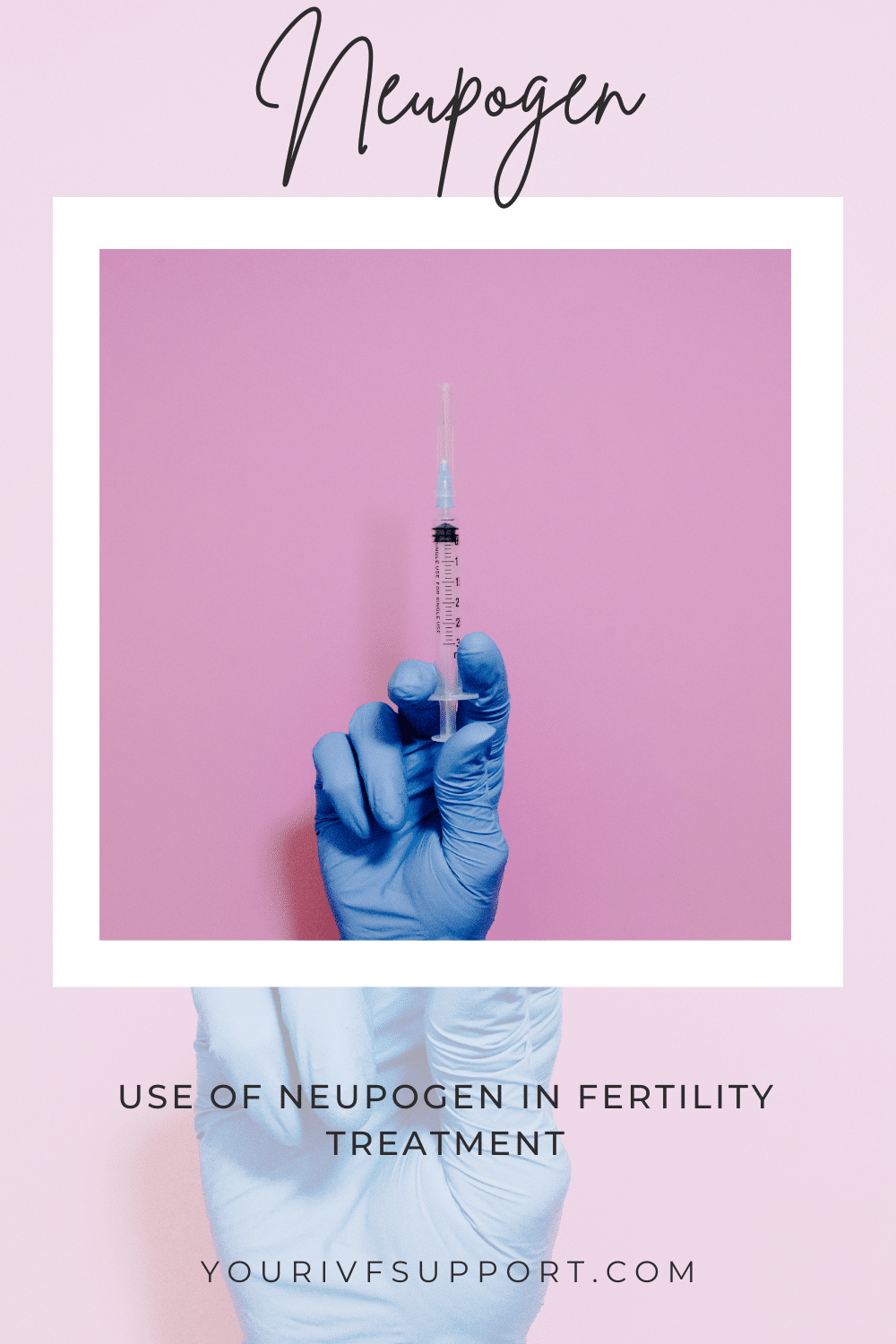
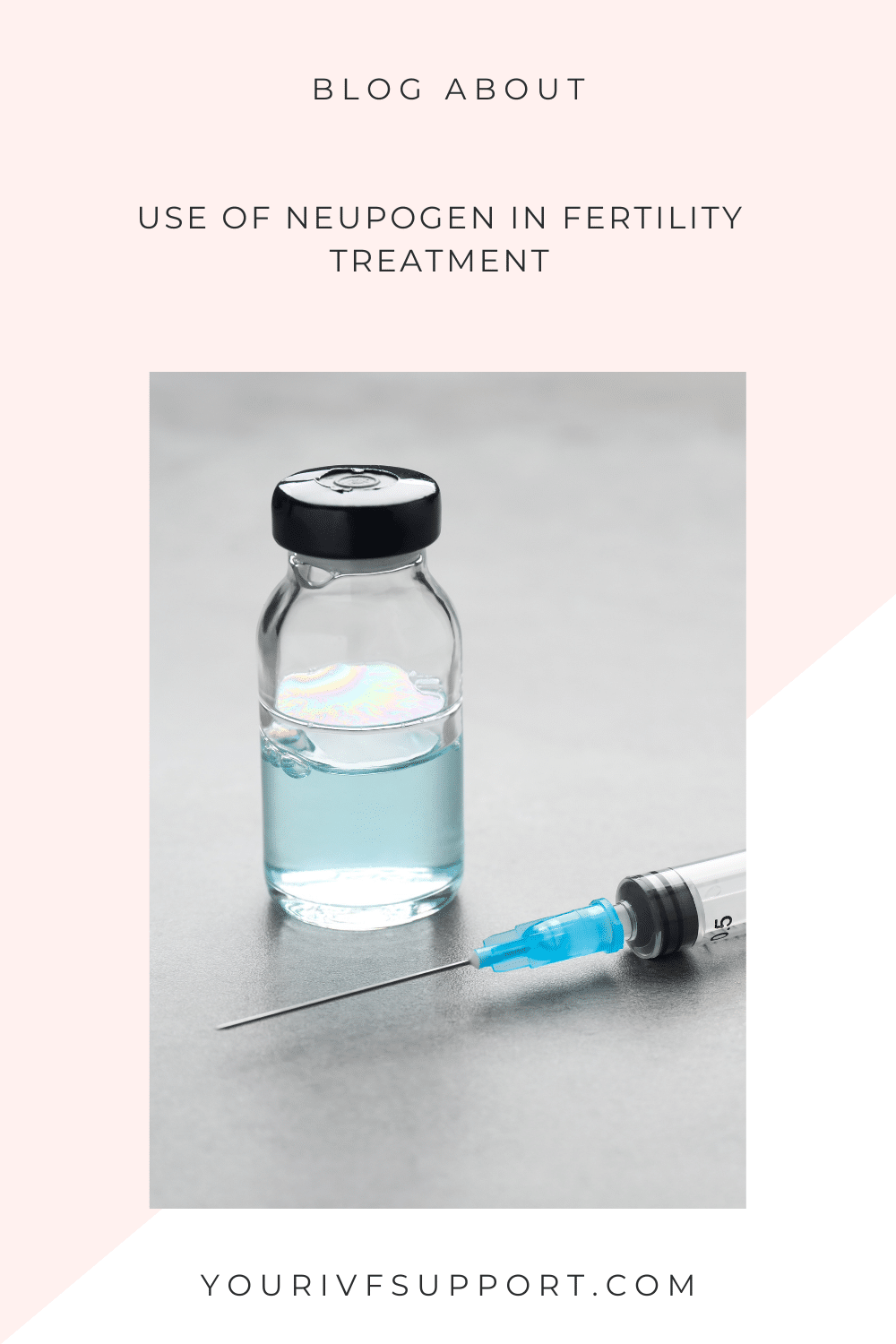
Sources
https://pubmed.ncbi.nlm.nih.gov/29201667/
https://pubmed.ncbi.nlm.nih.gov/26980809/
https://de.wikipedia.org/wiki/In-vitro-Fertilisation#Erfolgsaussichten
